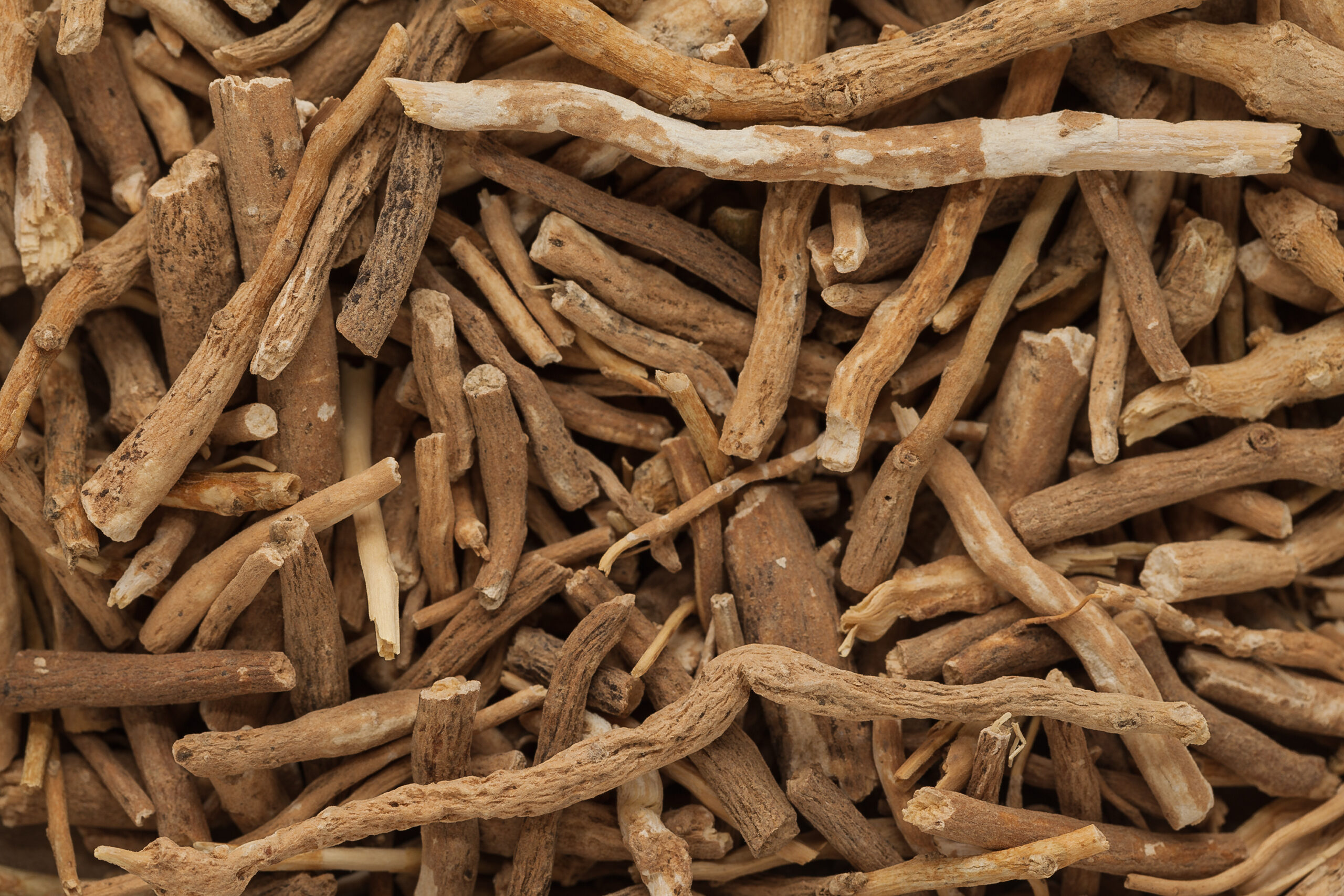Ashwagandha (Withania somnifera) is an adaptogenic herb used in Ayurvedic medicine for centuries to increase energy, reduce stress, and improve overall health. It is one of the most popular herbs in the world and has been studied extensively for its potential therapeutic benefits.
The recommended dosage of ashwagandha depends on the condition being treated, the form of supplement used, and other factors. Generally, the recommended dose of ashwagandha is 500–600 mg per day of the root extract, taken in two to three divided doses. The leaves of ashwagandha can be taken in 1–2 grams per day, either in powder form or as a tea. For liquid extracts, 1–2 mL of the extract can be taken two to three times per day.
When it comes to supplementation, ashwagandha is available in several forms, including powder, capsules, tablets, and liquid extracts. The most common form is the powder, which is usually taken with milk, water, or added to smoothies. Capsules or tablets are usually taken with food or water, while liquid extracts can be added to drinks or taken directly.
The most important thing to consider when taking ashwagandha is to start with a low dose and gradually increase it, as it can cause side effects such as stomach upset, nausea, and diarrhea. If any of these side effects occur, it is important to stop taking the supplement and consult a doctor.
Studies have shown that ashwagandha is safe and effective when taken in the recommended doses. One study found that supplementation with ashwagandha extract for eight weeks led to a significant reduction in stress, anxiety, and cortisol levels in participants (1).
Another study found that taking ashwagandha supplement for 60 days resulted in an improvement in strength, muscle size, and testosterone levels in healthy men (2).
In addition, a study of 50 healthy adults found that taking ashwagandha for eight weeks had a positive effect on cognitive function and memory (3).
Finally, a study of women with polycystic ovary syndrome found that taking ashwagandha for two months significantly reduced insulin levels and improved other measures of metabolic health (4).
Overall, ashwagandha is a safe and effective supplement that can be taken in the recommended doses to improve overall health and reduce stress levels. It is important to remember to start with a low dose and gradually increase it to avoid side effects.
References:
- Chandrasekhar, K., Kapoor, J., & Anishetty, S. (2012). A prospective, randomized double-blind, placebo-controlled study of safety and efficacy of a high-concentration full-spectrum extract of ashwagandha root in reducing stress and anxiety in adults. Indian Journal of Psychological Medicine, 34(3), 255–262.
- Wankhede, S., Langade, D., Joshi, K., Sinha, S. R., & Bhattacharyya, S. (2015). Examining the effect of Withania somnifera supplementation on muscle strength and recovery: a randomized controlled trial. Journal of the International Society of Sports Nutrition, 12(1), 43.
- Andrade, C., Aswath, A., Chaturvedi, S. K., Srinivasa, M., & Raguram, R. (2000). A double-blind, placebo-controlled evaluation of the anxiolytic efficacy of an ethanolic extract of Withania somnifera. Indian Journal of Psychiatry, 42(3), 295–301.
- Pratte, M. A., Nanavati, K. B., Young, V., & Morley, C. P. (2014). An alternative treatment for anxiety: A systematic review of human trial results reported for the Ayurvedic herb ashwagandha (Withania somnifera). Journal of Alternative and Complementary Medicine, 20(12), 901–908.

